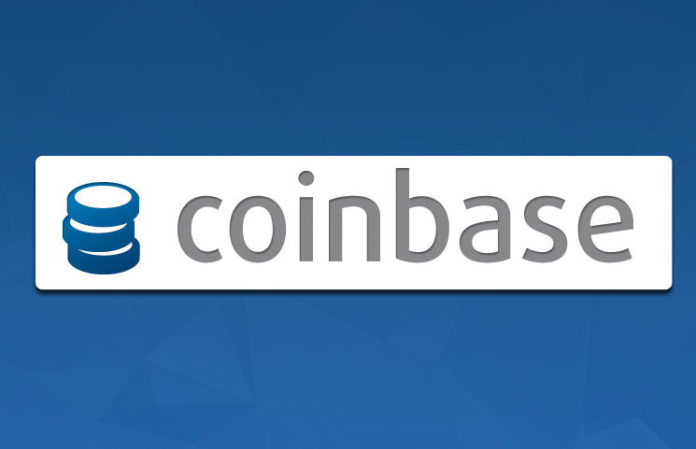Coinbase, a famous cryptocurrency exchange from the United States of America, has created a new tool for cryptocurrency payments. The new tool looks like PayPal and it is used to manage payments in ether, Bitcoin Cash, bitcoin and Litecoin.
The new service offered by Coinbase allows the merchants to integrate encrypted cryptocurrency payments in their e-commerce shops by adding a button called Coinbase Commerce. This option is very similar to the one offered by PayPal for accepting credit card payments.
Unlike the conventional payment system where the clients need to manage everything from their Coinbase account, the only thing the potential clients need to make the payment is to simply add the aforementioned tool.
According to the official website of the cryptocurrency exchange, the new option is not yet open for new registrations, but some merchants are already using Coinbase Commerce in their internet shops. The interested people can sign up to be put on a waiting list by sending an email to Coinbase.
After signing up for the new service, the users will find four cryptocurrencies available for accepting payments: bitcoin, ether, bcash and litecoin.
By choosing one of the four options, the clients will be taken to the final page where they can make cryptocurrency transactions without having to copy and paste addresses from their wallets, the plugin takes care of this process automatically. When it comes to payments in ethers, it is only necessary to click on the MetaMask confirmation button to execute the payment.
It is not yet clear what is the time frame for this new tool. Bitcoin confirmation times need to be taken into account and this can take up to several minutes, depending on the congestion of the Bitcoin blockchain network.
Coinbase adopted bcash in the middle of December last year, which made its GDAX exchange platform collapse. Nevertheless, ether is the principal cryptocurrency used for Coinbase Commerce, as established by the users of the service.
Some people have already tested the new service offered by Coinbase, but a lot of details about its functioning and efficiency are still missing. At the moment, the services is not open for everyone, which suggest it is still in the testing phase.



